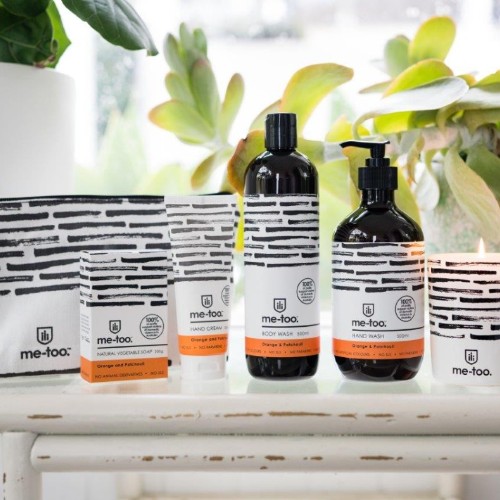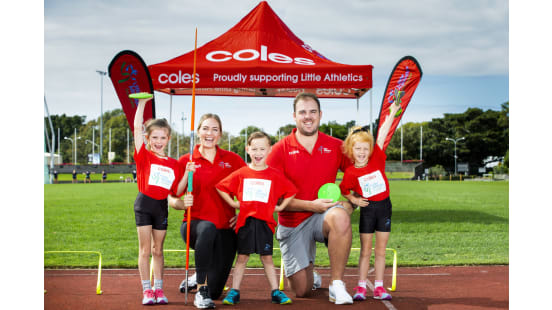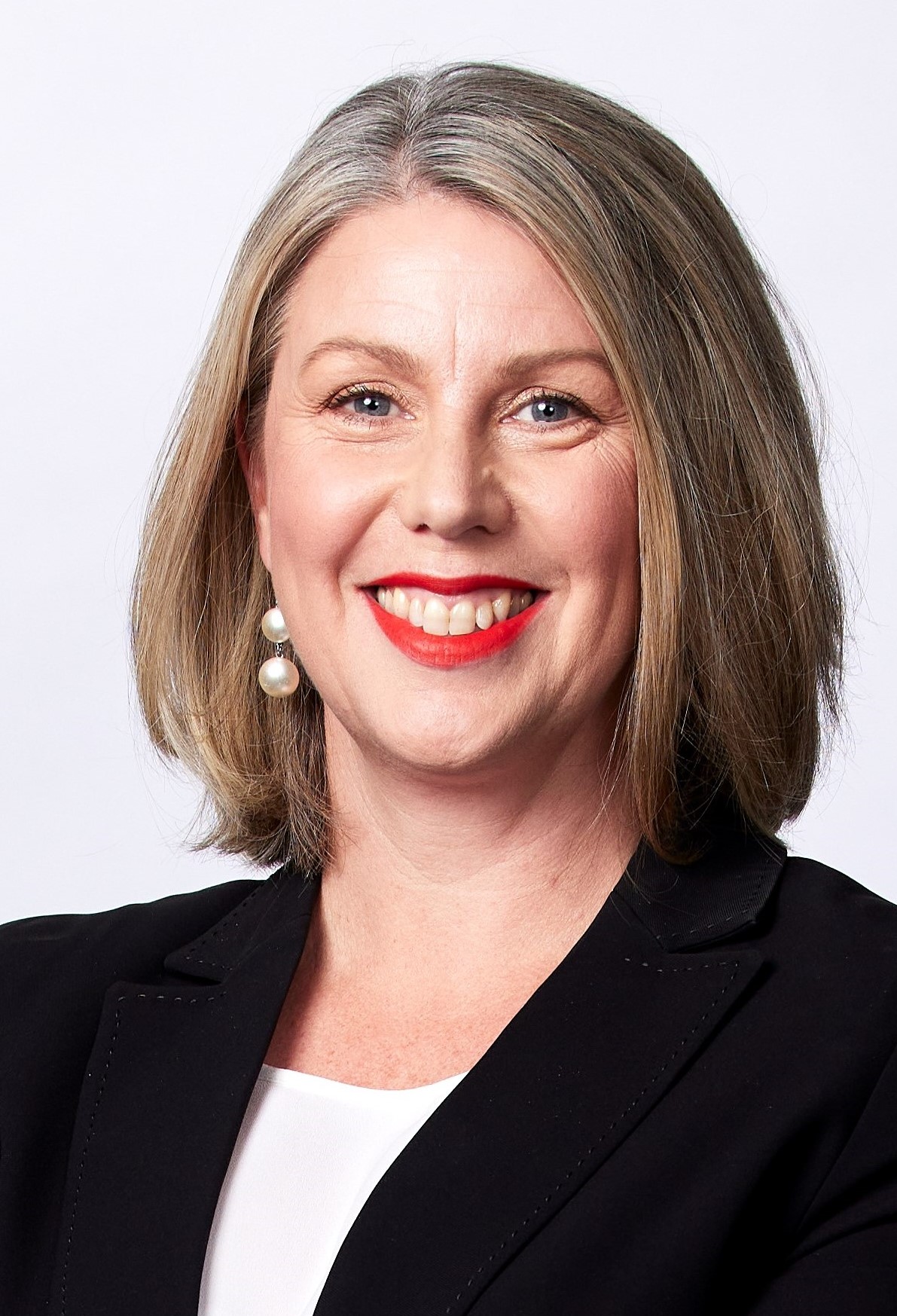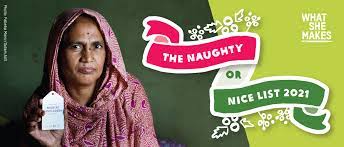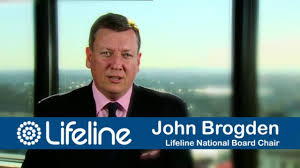For Steph Schatz, community health and wellness is Second Nature
By Leon Gettler, Talking Business >>
IN THIS DAY AND AGE, looking after your health can be a major operation that might need the attention of many.
The Second Nature Program in Australia and New Zealand. works on WhatsApp, teaming participants up with dieticians and health coaches.
Steph Schatz, who heads up the operation here (Second Nature started in the UK under the NHS), says people who sign up with the program are introduced to a dietician and health coach who will be there right alongside them. 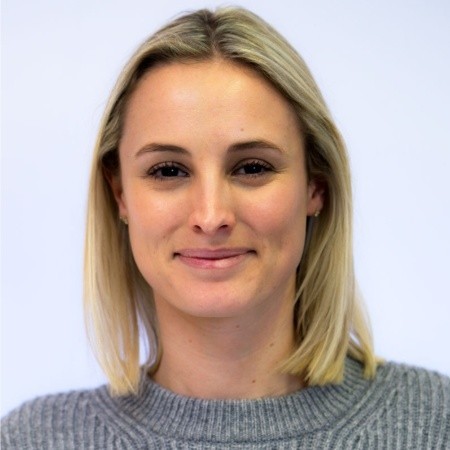
Second Nature also works as a team effort because everyone who signs up at the same time will be there to share their experiences and insights on WhatsApp.
“Essentially, it’s a holistic lifestyle change program. It’s evidence based and it’s 100 percent digital, which means that it’s all delivered on an app on your mobile phone,” Ms Schatz told Talking Business.
She said when people sign up to the program, they are put into a group.
“Your group is there as your community and they are there to help support you through the program,” Ms Schatz said.
In addition to that, people are signed up with a health coach and accredited dietician who are all locally based.
“They are there to help guide you and support you on your journey,” Ms Schatz said. “They will answer any questions you might have, or provide you with the tools to help make the behaviour changes to work towards your goals.”
Taking a 360-degree approach
Second Nature also has what it calls ‘a 360 approach’.
“Typically a lot of diets focus just on nutrition and typically that comes down to a lot of calorie counting which, unfortunately as we know, doesn’t quite work, particularly in the long term. We’re not human calculators,” Ms Schatz said.
“So what we do is focus on nutrition with some general guidelines that can be personalised to fit in with your lifestyle – and we also take into account all the areas of your lifestyle that will interplay so looking at things like sleep, stress, exercise and mindset.
“So we focus on the holistic approach rather than just one area.”
Ms Schatz said because of the way Second Nature has been structured, the company can scale up the program with people constantly joining it.
The Second Nature Program also works well with older people who are comfortable using phones and iPads.
Second Nature started back in 2014 in the UK and, in 2017, it started to come on board there with the National Health System (NHS). From there onwards it started to deliver a lot of success, particularly in the diabetes space, as the digital health provider in the UK.
Second Nature launched in Australia and New Zealand in 2019.
Ms Schatz said what the program has done here is launch to its consumer base.
At the moment it is focused on “delivering a fantastic service and confirming the outcomes it has in the UK,” she said, “and to see if there are other ways to deliver in Australia, similar to the UK model.”
Hear the complete interview and catch up with other topical business news on Leon Gettler’s Talking Business podcast, released every Friday at www.acast.com/talkingbusiness.
ends



